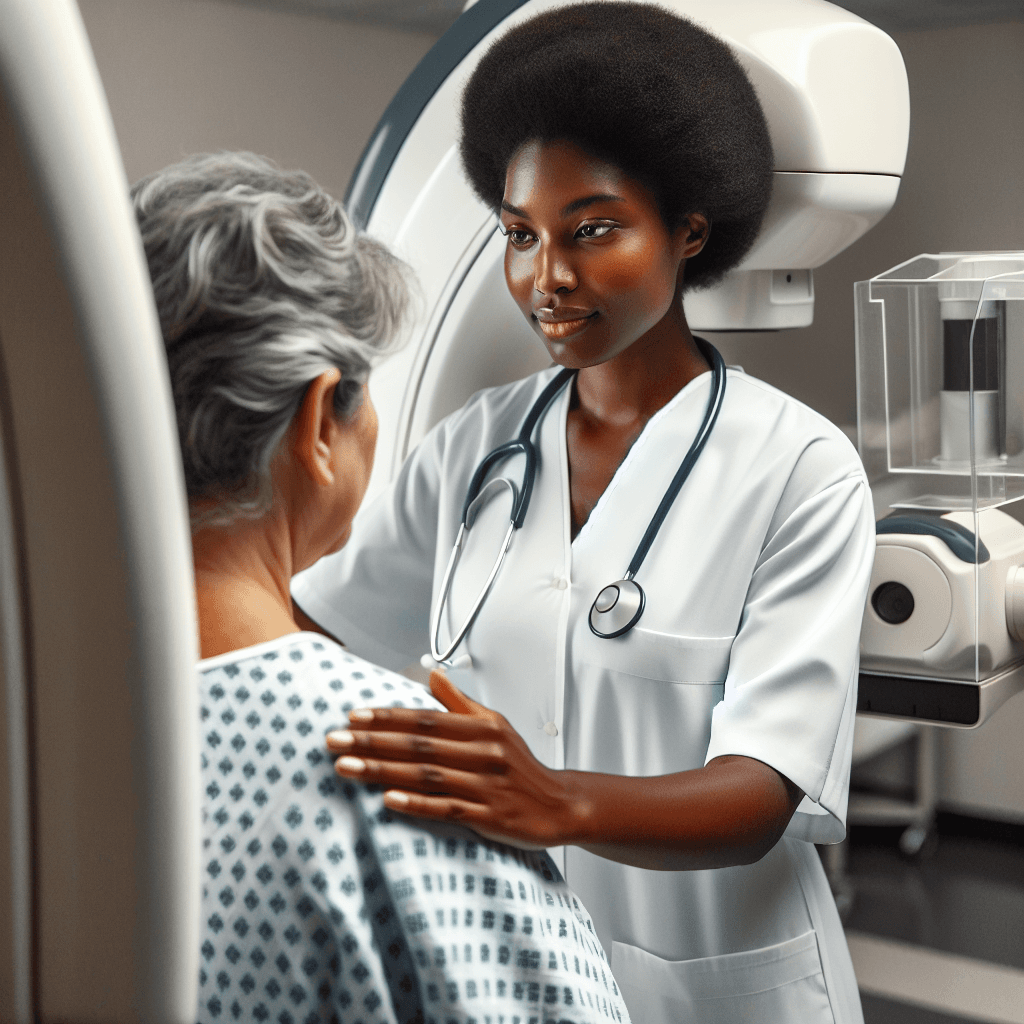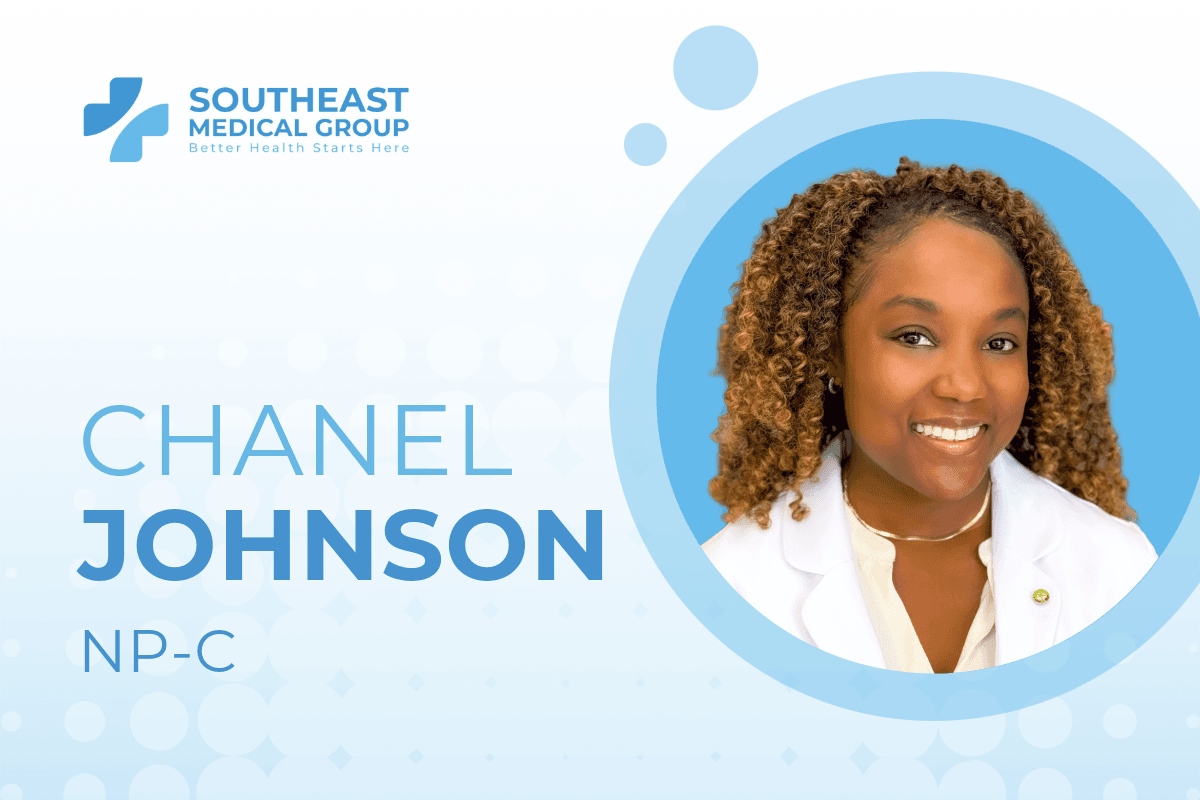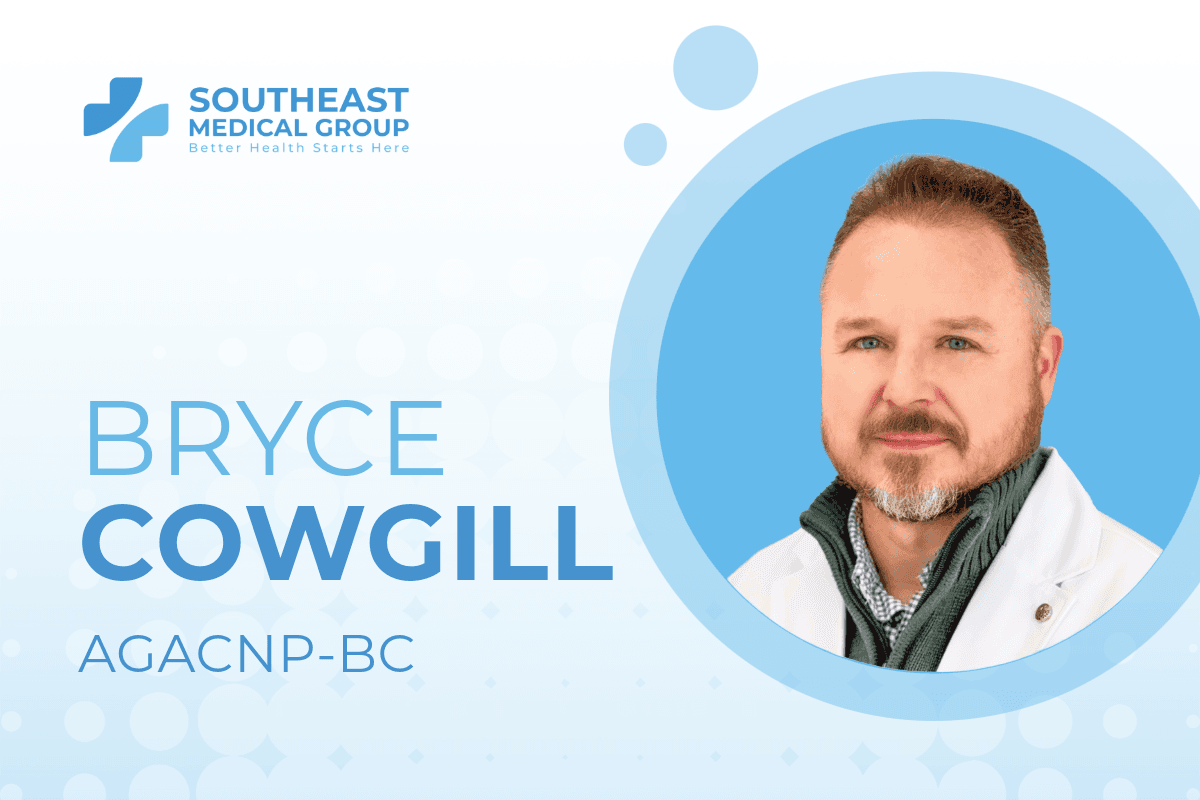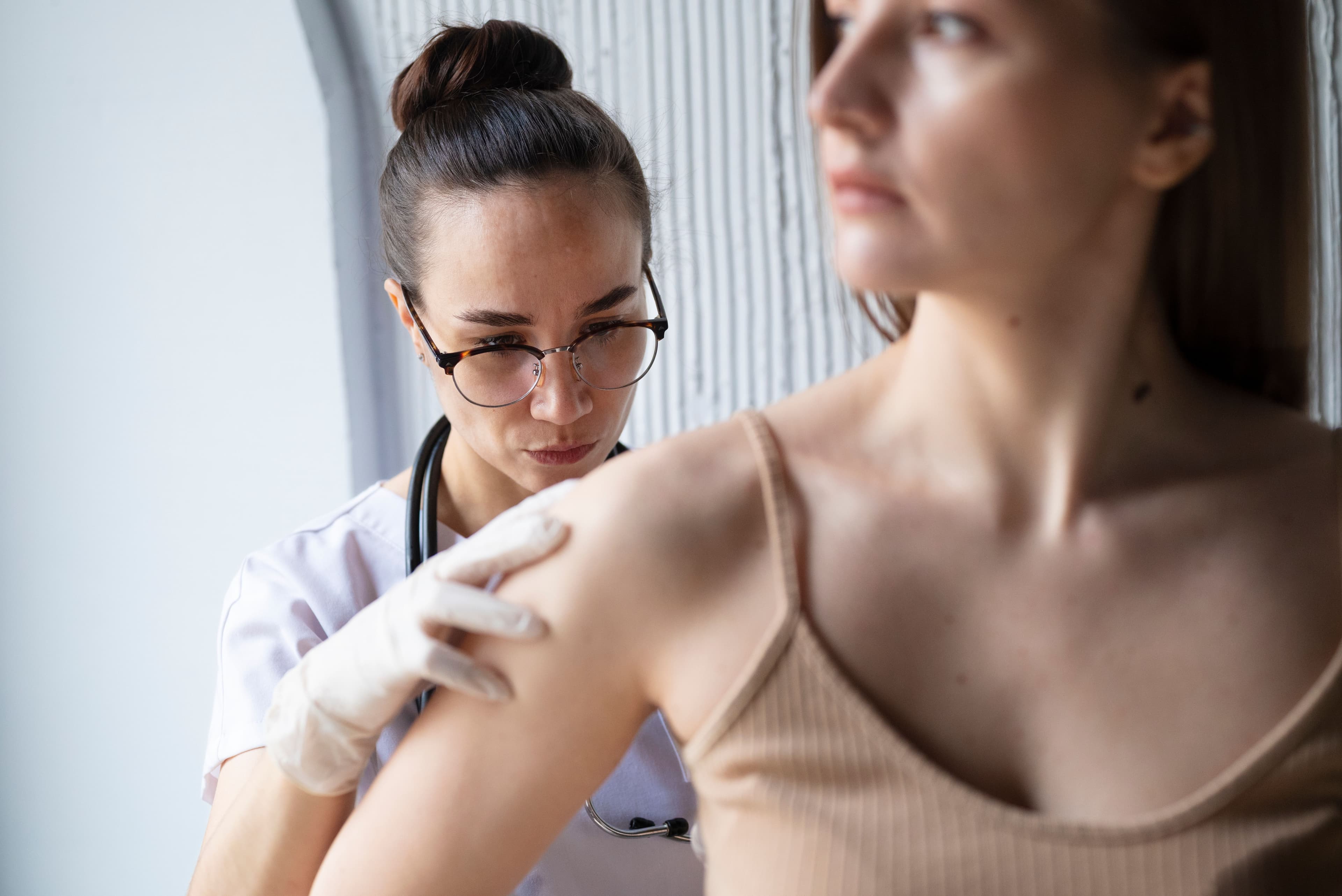The Critical Role of Mammograms in Early Breast Cancer Detection
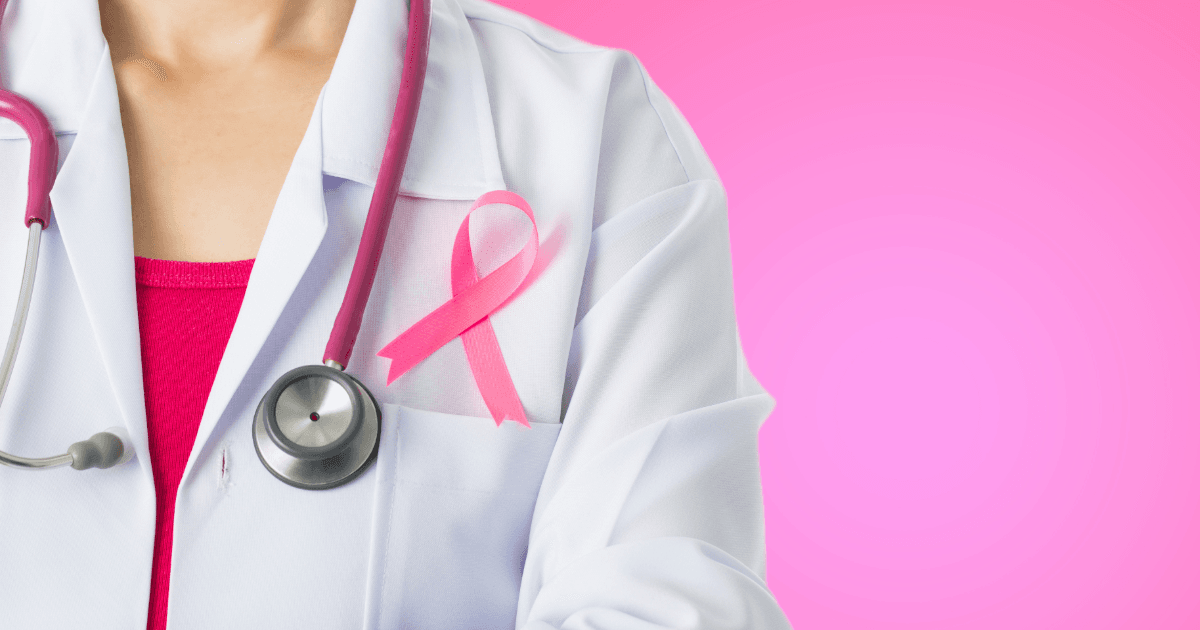
Early Detection Saves Lives
Breast cancer, when detected early, can be treated more effectively, leading to higher survival rates. Mammograms are the frontline screening tool for early detection, capable of identifying tumors that are too small to be felt. The importance of mammograms cannot be overstated, as they provide a critical advantage in the fight against breast cancer.
Understanding Mammograms
A mammogram is an X-ray image of the breast used to detect and diagnose breast cancer. Regular mammograms can detect cancer early, often before it has spread. By finding breast cancers when they are small, mammograms can improve the chances of successful treatment and recovery.
The Mammogram Procedure
The mammogram procedure involves compressing the breast between two plates to spread out the breast tissue. This allows for clear images to be taken with a low dose of radiation. While the compression can be uncomfortable, it is necessary for accurate results.
Who Should Get a Mammogram?
Guidelines vary, but generally, women over the age of 40 are advised to have annual mammograms. Women with a family history of breast cancer or other risk factors may need to start screening earlier and more frequently.
Advances in Mammography
Digital mammography and 3D mammography (tomosynthesis) are advancements that provide clearer images and better detection rates. These technologies can be particularly beneficial for women with dense breast tissue.
Overcoming Barriers to Screening
Despite the proven benefits of mammograms, some women face barriers to screening. These can include fear of discomfort, concerns about radiation exposure, and lack of access to affordable healthcare. Education and outreach programs are essential to overcoming these barriers and encouraging regular screenings.
The Role of Healthcare Providers
Healthcare providers play a crucial role in educating patients about the importance of mammograms. They can provide reassurance, address concerns, and help navigate the healthcare system to ensure that women receive the screenings they need.
Conclusion
Mammograms are a crucial tool in the early detection of breast cancer. They have the potential to save lives by finding cancer at its most treatable stage. Healthcare professionals and patients alike must recognize the importance of regular mammogram screenings as part of a comprehensive approach to breast health.
